Featured in
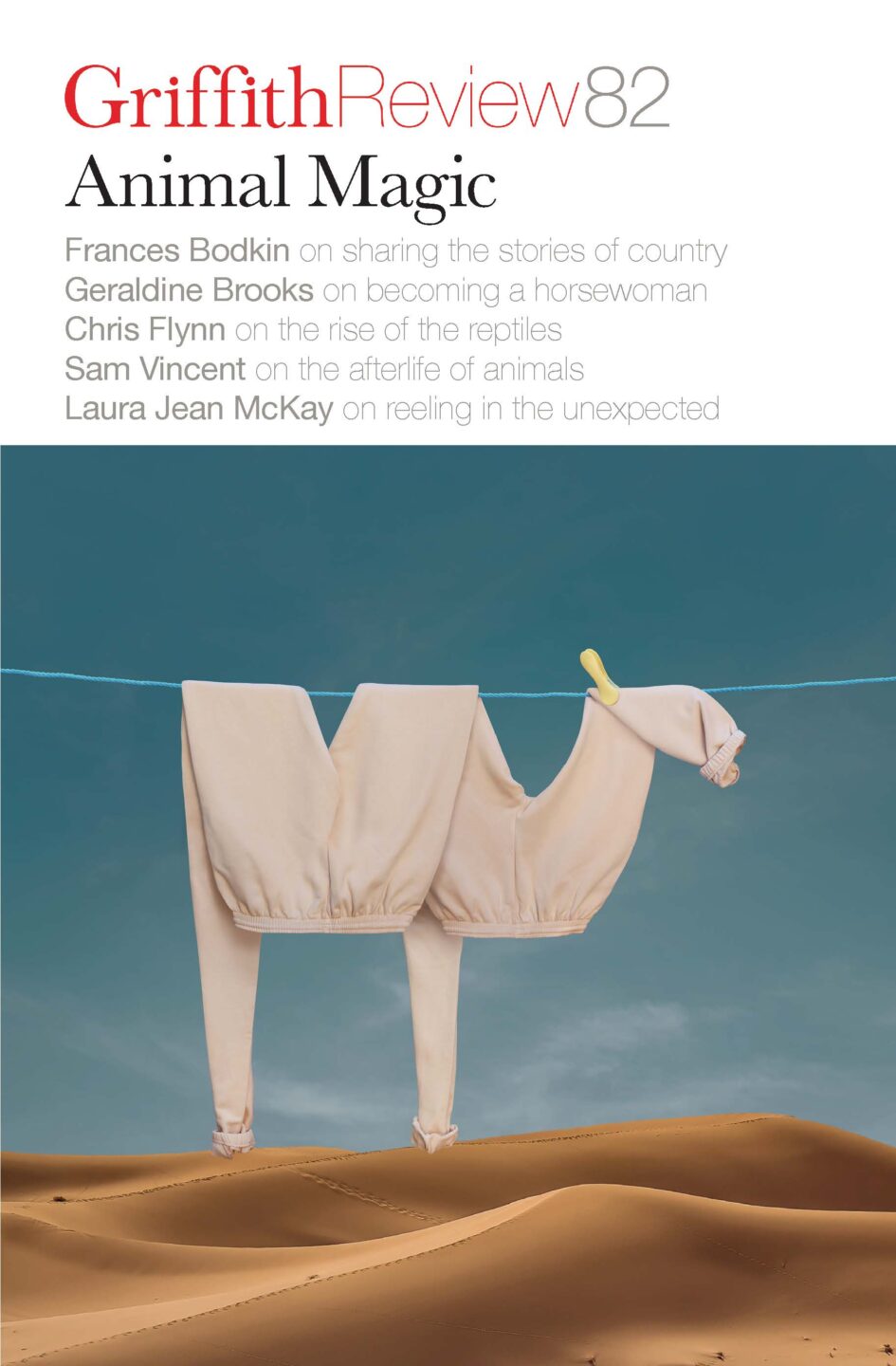
- Published 20231107
- ISBN: 978-1-922212-89-4
- Extent: 208pp
- Paperback, ePub, PDF, Kindle compatible
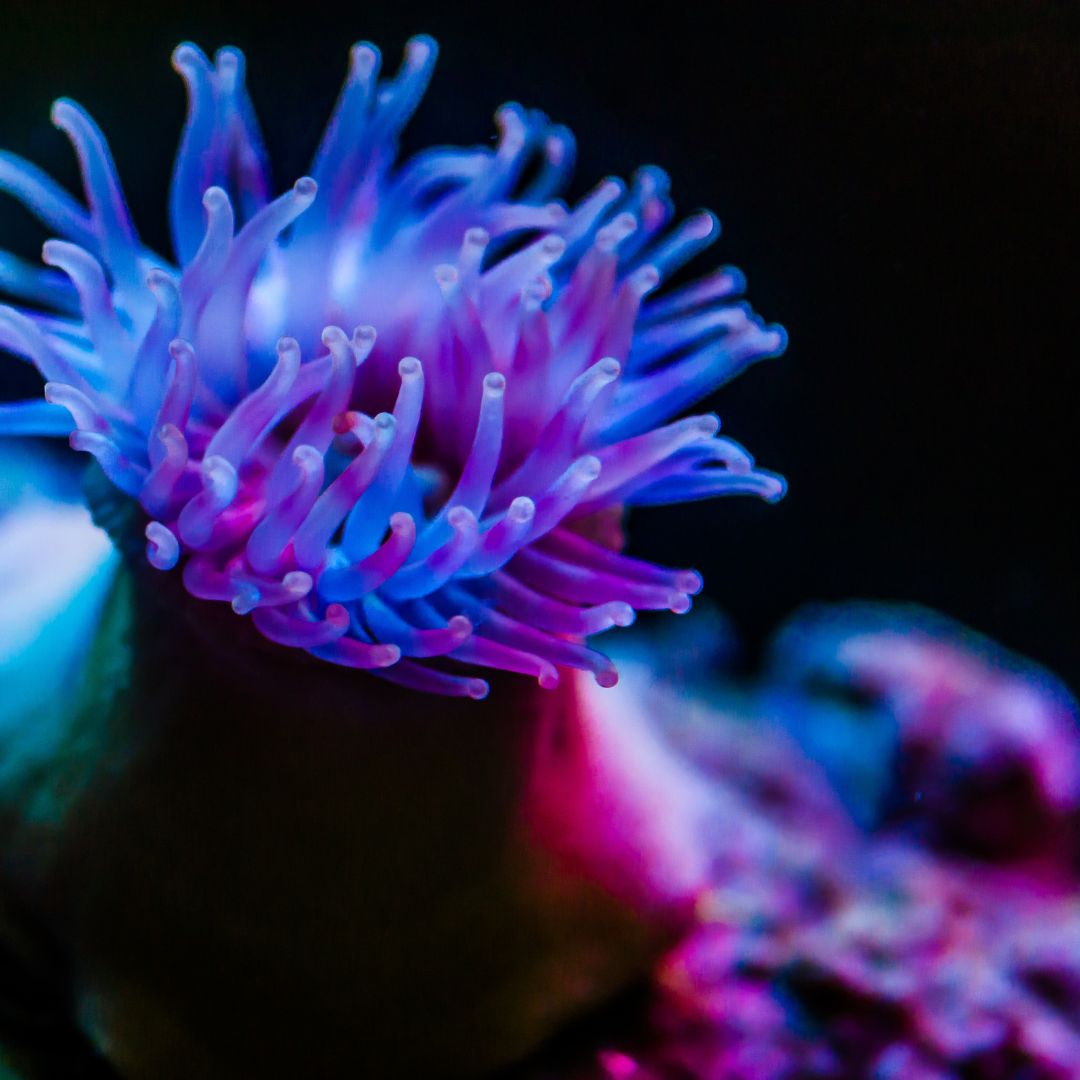
Lady, in this heavy light
you show tender: waving your insides
outside, buffeted by the sea’s
old heave ho. Nobody calls out medusa –
but there’s a distinct resemblance
about the tentacles. The currents drag
in silver mercies. Your face flares
and ripples. Look, it was
never meant to be easy: day after day
fronting the ocean. We’ve all been
fettered and must learn: this grasping.
That letting go.
Share article
More from this edition
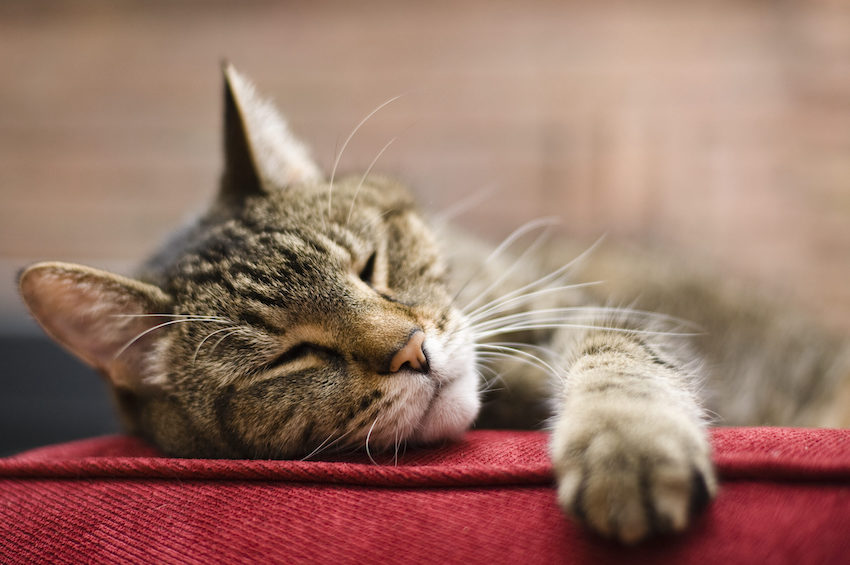
Object permanence
Non-fictionTigger arrived with one eye and a tender but wary disposition, and at first it seemed like the missing eye would be the locus of his mystery. But within a few months of his living in my small apartment, he began presenting strange troubles – back legs listing when he turned a corner, spasms in his resting spine – that were quickly diagnosed as arthritis and diabetes.
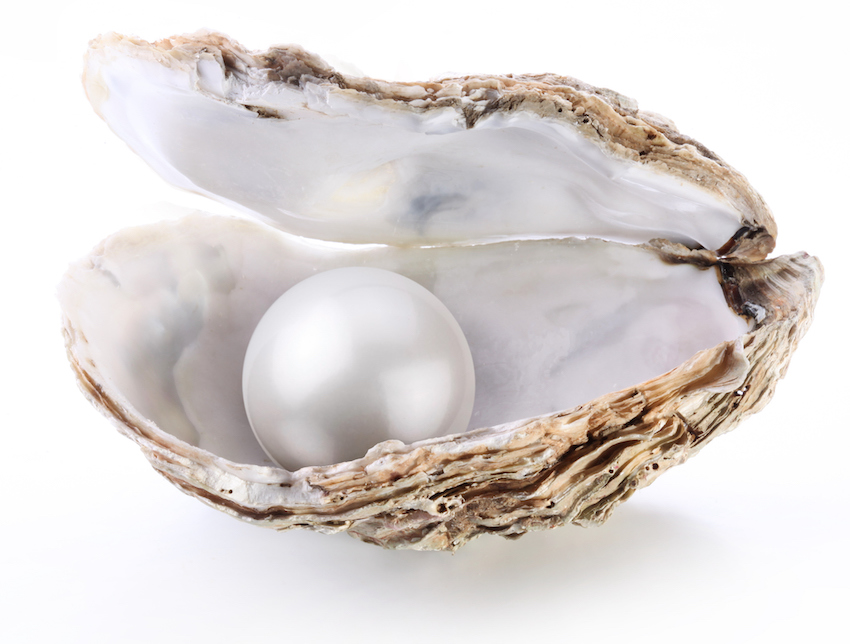
Mother of pearls
FictionBut we are more animal now than we’ve ever been. We read the water that leaps into our pools; we filter all kingdoms of life through our gills. We understand that the tendrils connecting one life form to another run much longer and deeper than you might expect. And we can entertain the notion that our strange tasks were like the fateful beats of a butterfly’s wings, and maybe the witch was a rare genius, able to perceive how the purloined dog, the pawned bird or the swapped cats would, in the mysterious rippling of the universe, lead to our deepest desires coming to pass.
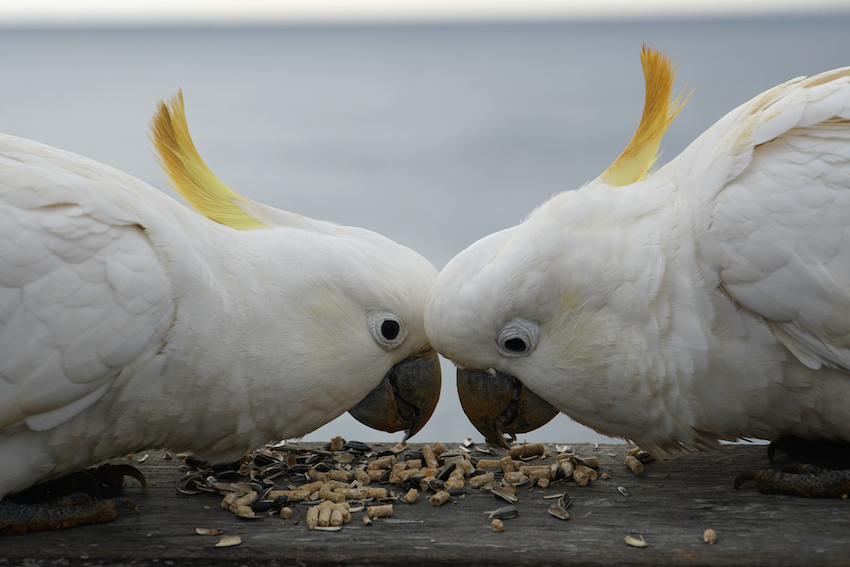
When the birds scream
Non-fictionI read books in which girls like me made friends with cockatoos and galahs, and my mum told me stories about my pop in Queensland who could teach any bird to speak and to whistle his favourite country songs. My favourite story was the one about the bird who used to sit on his shoulder while he drove trucks for work.
